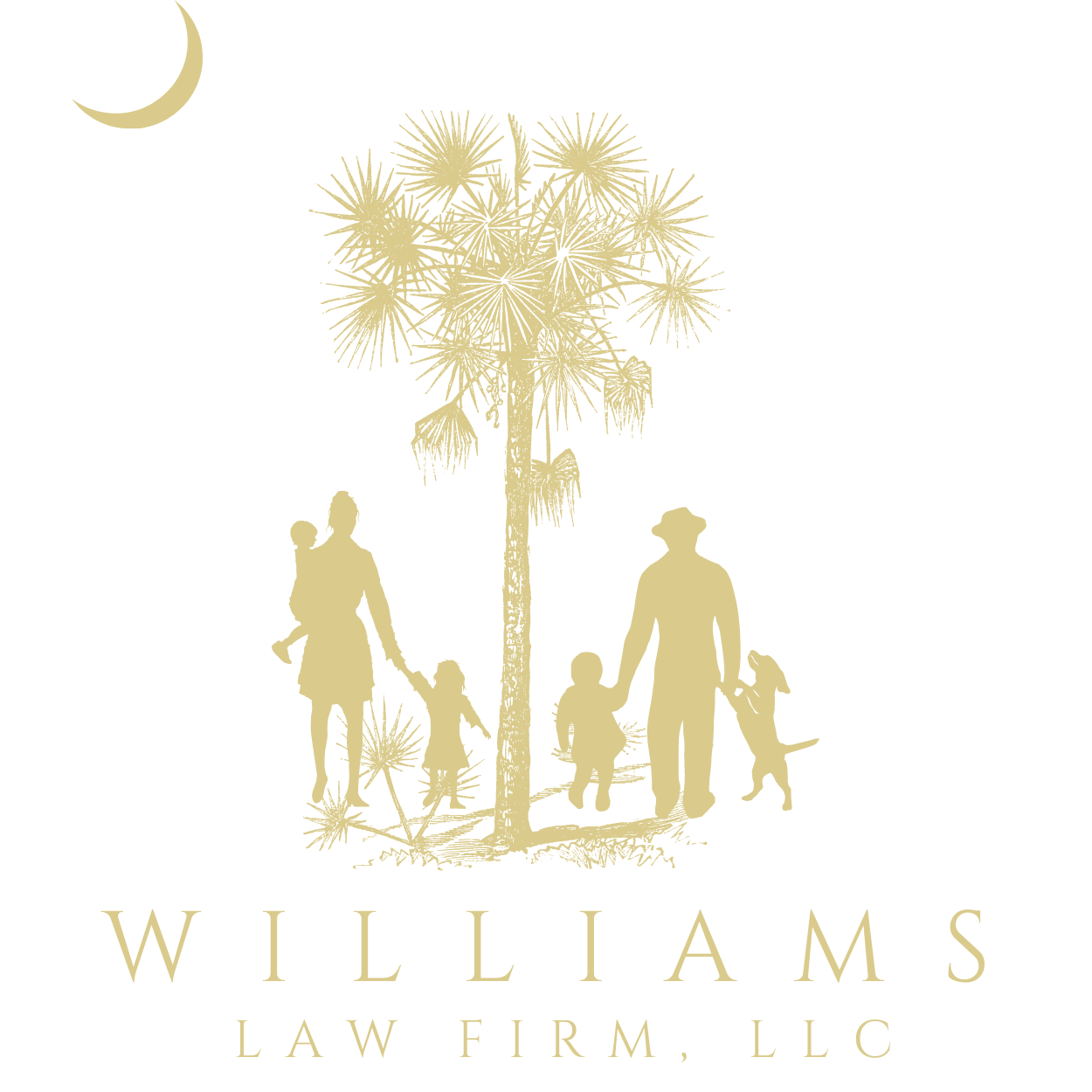Our Estate Planning Services
Last Will and Testament
The will and testament is the primary estate planning document, and it outlines how you would like your property and assets distributed when you die. Among many other possible directives, it names a personal representative (sometimes called an executor) to administer the estate in accordance with your wishes, and if you have minor children, it designates a guardian to take custody.
Living and Testamentary Trusts
A trust is a legal vehicle by which a third party, known as a trustee, is allowed to manage assets on behalf of a beneficiary at the direction of the settlor (person who creates the trust). Often, trusts are utilized to reduce liabilities and fees, but most of all, stress for your heirs. Trusts can also be used to effectively donate to charities. Trusts are often used as an additional instrument to a will, which helps to efficiently distribute your assets upon death. Trusts can provide some benefits to your estate planning that a will cannot.
Powers of Attorney and Ancillary Documents
Durable Power of Attorney:
The document names someone you trust to handle financial and legal matters on your behalf if, for any reason, you are no longer able to do so.
Healthcare Power of Attorney.
The document, sometimes referred to as a healthcare proxy, appoints someone to make healthcare and medical decisions on your behalf if you can no longer do so. Essentially, you let your family and doctor know about your health care or medical wishes through your appointed agent.
Living Will.
Closely related to the healthcare power of attorney, the document is a form of advanced directive and outlines your end-of-life healthcare wishes. It outlines medical details, including pain relief and resuscitation, but can also cover things like your obituary and epitaph.
“As a parent, I understand the tremendous weight we parents feel towards making sure our children are taken care of in the event of untimely tragedy. At my firm, we’re trying to lift that weight off of these families.”
— Matt Williams, Principal Attorney at Williams Law Firm, LLC




